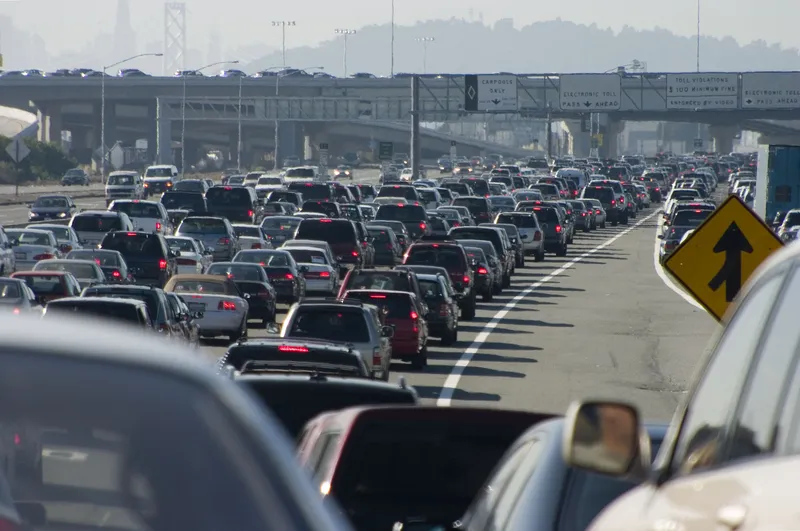TransCore has launched ROVR (real-time onboard vehicle reporting), a compact GPS device with GSM communications that allows infrastructure-free tolling and includes an optional driver safety monitoring feature. The company says the system is ideal for HOT lanes or greenfield tolling environments, both domestically and internationally, and can also easily facilitate mileage based user fee data.
January 30, 2012
Read time: 2 mins

Pointing out that the device gives transportation agencies an option they didn't have before, TransCore's CTO Kelly Gravelle says: "The multi-application nature of ROVR can not only deliver congestion management benefits much sooner than conventional approaches but provides a critical tool to help save lives and reduce greenhouse gases. It is a compelling concept that could be a game changer for some agencies." TransCore says its new approach to HOT lane implementation can be deployed in just weeks or months and at little to no cost to the transportation agency. Such an 'Instant HOT' lane can be deployed across entire regional networks thereby increasing the potential for revenue generation and other benefits.
Meanwhile, the optional driver safety monitoring feature of ROVR can provide commercial fleet operators automated vehicle and driver monitoring.









